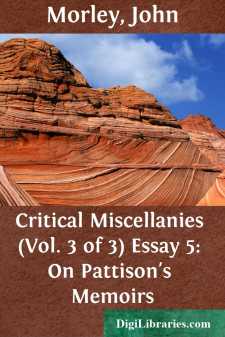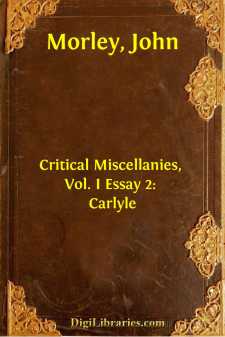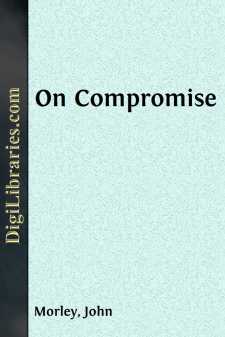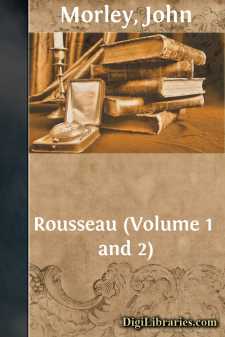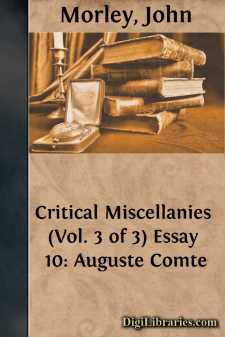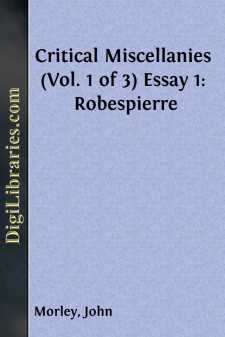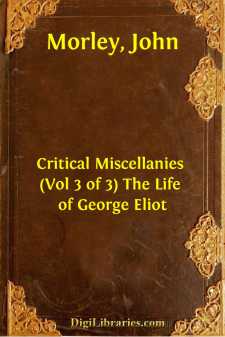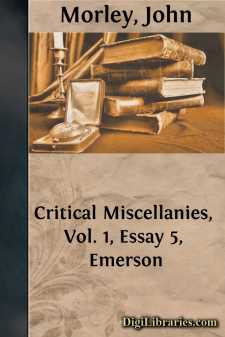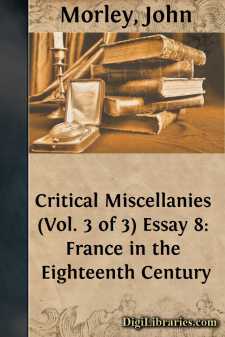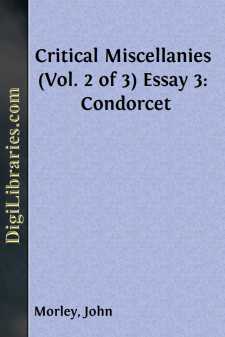Categories
- Antiques & Collectibles 13
- Architecture 36
- Art 48
- Bibles 22
- Biography & Autobiography 816
- Body, Mind & Spirit 145
- Business & Economics 28
- Children's Books 18
- Children's Fiction 14
- Computers 4
- Cooking 94
- Crafts & Hobbies 4
- Drama 346
- Education 58
- Family & Relationships 59
- Fiction 11831
- Foreign Language Study 3
- Games 19
- Gardening 17
- Health & Fitness 34
- History 1378
- House & Home 1
- Humor 147
- Juvenile Fiction 1873
- Juvenile Nonfiction 202
- Language Arts & Disciplines 89
- Law 16
- Literary Collections 686
- Literary Criticism 179
- Mathematics 13
- Medical 41
- Music 40
- Nature 179
- Non-Classifiable 1768
- Performing Arts 7
- Periodicals 1453
- Philosophy 66
- Photography 2
- Poetry 897
- Political Science 203
- Psychology 45
- Reference 154
- Religion 516
- Science 126
- Self-Help 86
- Social Science 82
- Sports & Recreation 34
- Study Aids 3
- Technology & Engineering 59
- Transportation 23
- Travel 463
- True Crime 29
Our website is made possible by displaying online advertisements to our visitors.
Please consider supporting us by disabling your ad blocker.
Critical Miscellanies (Vol. 3 of 3) Essay 5: On Pattison's Memoirs
by: John Morley
Categories:
Description:
Excerpt
ON PATTISON'S MEMOIRS.
To reckon the subject of this volume among leading minds who have stamped a deep influence on our generation, is not possible even to the friendliest partiality. That was not his position, and nobody could be less likely than he would himself have been to claim it. Pattison started no new problem. His name is associated with no fertile speculation, and with no work of the first degree of importance. Nor was he any more intended for a practical leader than for an intellectual discoverer. He did not belong to the class of authoritative men who are born to give decisions from the chair. Measured by any standard commensurate to his remarkable faculties, Pattison's life would be generally regarded as pale, negative, and ineffectual. Nevertheless, it is undeniable that he had a certain singular quality about him that made his society more interesting, more piquant, and more sapid than that of many men of a far wider importance and more commanding achievement.
Memoirs. By Mark Pattison, late Rector of Lincoln College, Oxford. London, 1885.
Critics have spoken of his learning, but the description is only relatively accurate. Of him, in this respect, we may say, what he said of Erasmus. 'Erasmus, though justly styled by Muretus, eruditus sane vir ac multæ lectionis, was not a learned man in the special sense of the word—not an érudit. He was the man of letters. He did not make a study a part of antiquity for its own sake, but used it as an instrument of culture.' The result of culture in Pattison's actual life was not by any means ideal. For instance, he was head of a college for nearly a quarter of a century, and except as a decorative figure-head with a high literary reputation, he did little more to advance the working interests of his college during these five-and-twenty years than if he had been one of the venerable academic abuses of the worst days before reform. But his temperament, his reading, his recoil from Catholicism, combined with the strong reflective powers bestowed upon him by nature, to produce a personality that was unlike other people, and infinitely more curious and salient than many who had a firmer grasp of the art of right living. In an age of effusion to be reserved, and in days of universal professions of sympathy to show a saturnine front, was to be an original. There was nobody in whose company one felt so much of the ineffable comfort of being quite safe against an attack of platitude. There was nobody on whom one might so surely count in the course of an hour's talk for some stroke of irony or pungent suggestion, or, at the worst, some significant, admonitory, and almost luminous manifestation of the great ars tacendi. In spite of his copious and ordered knowledge, Pattison could hardly be said to have an affluent mind. He did not impart intellectual direction like Mill, nor morally impress himself like George Eliot. Even in pithy humour he was inferior to Bagehot, who was certainly one of the most remarkable of the secondary figures of our generation....


